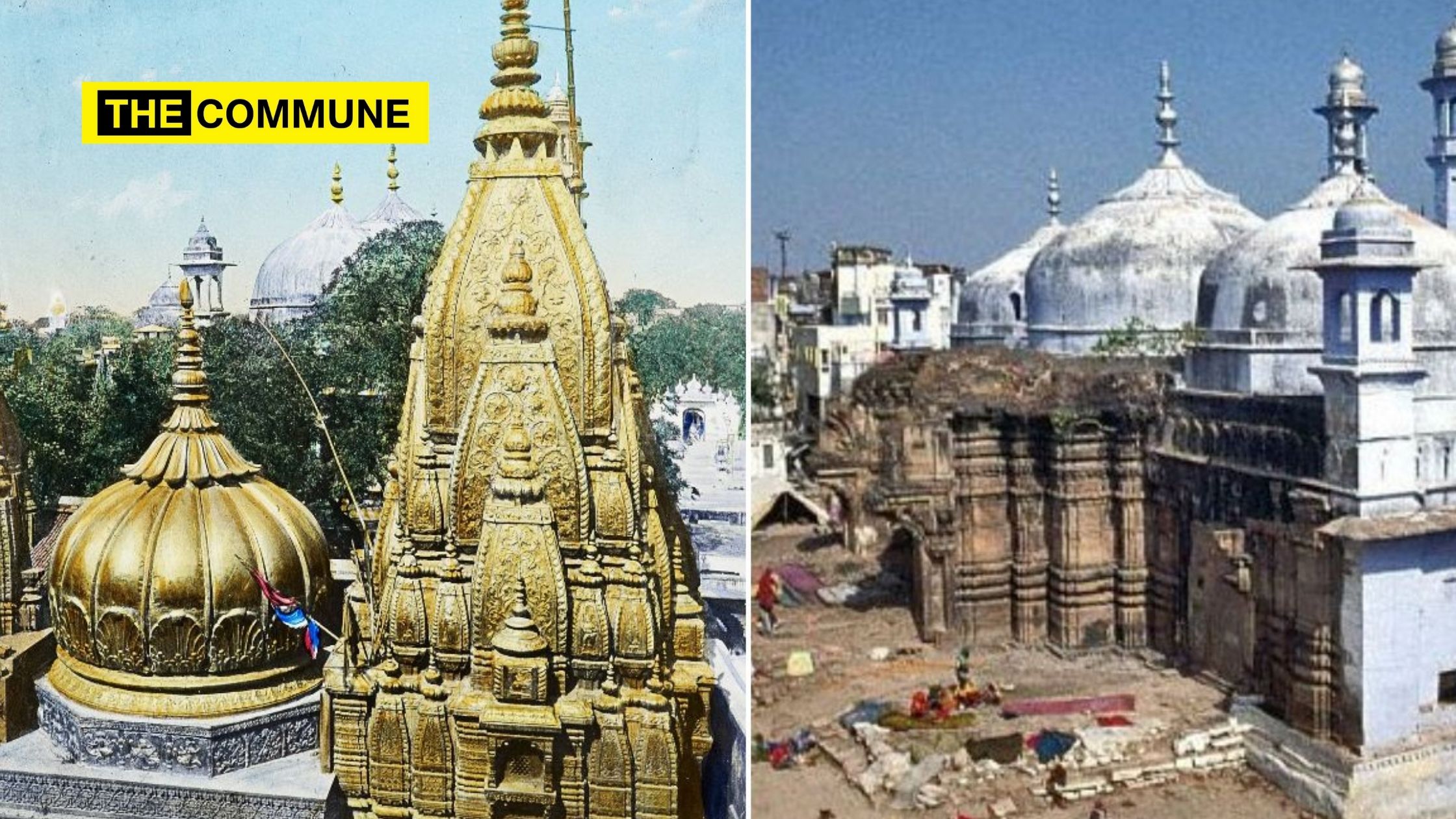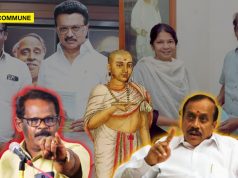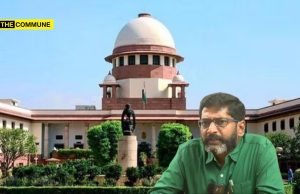
A Varanasi Court on Thursday (8 April) gave its approval for a survey of the Kashi Vishwanath temple and Gyanvapi Mosque complex by the Archaeological Survey of India (ASI).
The ASI is expected to form a committee to conduct the survey, while the Uttar Pradesh government has been directed by the court to bear the cost of the archaeological survey. The court has also stipulated that at least two members of the five-member team of eminent archaeologists should be from the minority community.
Lawyer Vijay Shankar Rastogi had filed a plea seeking the land on which Gyanvapi Mosque stands be transferred to Hindus as the mosque was built by Mughal Emperor Aurangzeb in 1664 after bringing down a portion of the Kashi Vishwanath temple.
After his plea was filed, in January 2020, the Anjuman Intezamia Masjid Committee had filed an objection against the petition seeking a survey of the Gyanvapi compound.
The Archaeological Survey of India will now conduct a survey of the area in order to find out more details and whether a Masjid was built on the land of the temple.
According to lawyer Shehzad Poonawalla, if the Masjid was been built after destroying a Mandir, the Muslim community should go for conciliation.
Courts rule upon facts. If Masjid has been built after destroying a Mandir, the Muslim community should go for conciliation: @Shehzad_Ind, Lawyer, tells Madhavdas G on EXPLOSIVE #EXCLUSIVE. | #KashiMandirSurvey pic.twitter.com/SeNfdDeR7j
— TIMES NOW (@TimesNow) April 8, 2021
The matter will be taken up by the court next on May 31, 2021.
However, reacting to the Varanasi court order, Uttar Pradesh Sunni Central Waqf Board in Lucknow said it will approach Allahabad High Court challenging the archaeological survey.
Waqf Board Chairman Zufar Ahmad Farooqui in a statement said, “Our understanding is clear that this case is barred by the Places of Worship (Special Provisions) Act, 1991. The Places of Worship Act was upheld by a five-judge Constitution Bench of the Supreme Court in the Ayodhya judgment.”
The status of Gyanvapi Masjid is, as such, beyond question, he asserted.
“Even otherwise, we can say as per legal advice that the order of survey is questionable because technical evidence can only supplement certain foundational facts. No evidence has been produced before the court that suggests that there was a prior existing temple at the site of the mosque,” he added.
Click here to subscribe to The Commune on Telegram and get the best stories of the day delivered to you personally.




